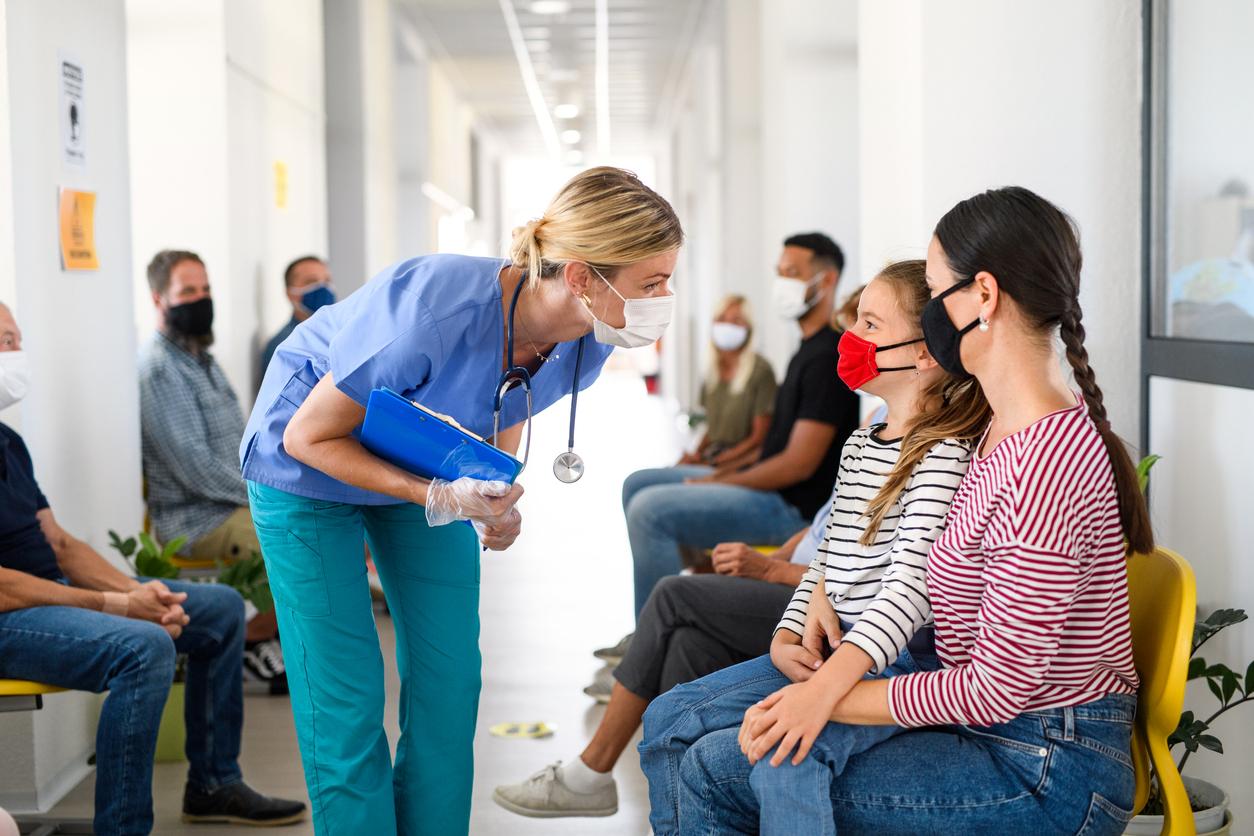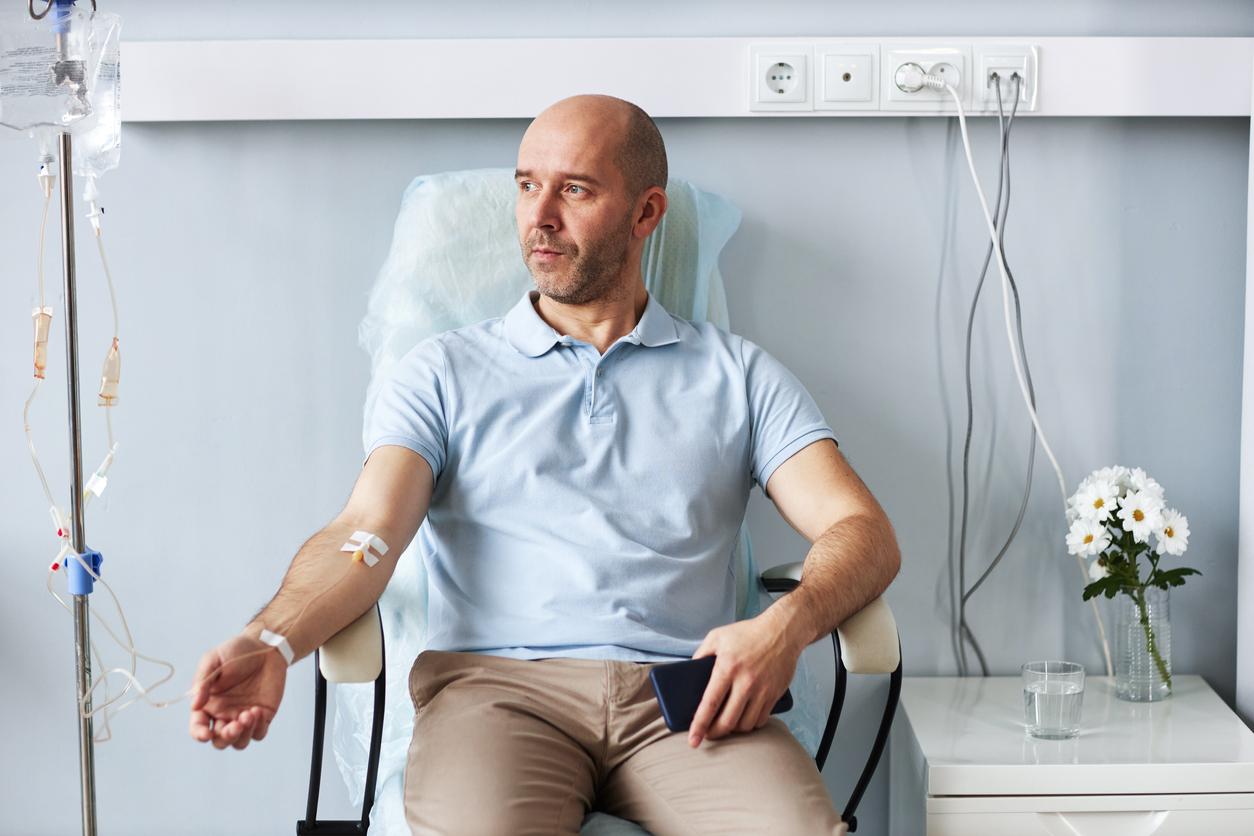1. I drink enough… and I eat healthy
In order to facilitate the work of the kidneys, which mainly consists of filtering and reabsorbing the water in our body, we drink at least 1.5 liters of water spread over the day. If you play sports or sweat a lot, you drink a little more. And if you have already suffered from kidney stones, you are even more vigilant (especially in summer and when you travel). As for meals, you eat a balanced diet by limiting your consumption of industrial dishes that are often too salty, which promotes hypertension, a enemy of the kidneys. We give pride of place to fruits and vegetables, favoring alkalizing foods (our kidneys do not like acidity!) such as garlic, cabbage, carrots, bananas, lemons. And to avoid to tire our kidneys, we avoid eating meat, eggs or fish every day.
2. I avoid “toxic” substances
Smoking multiplies by 2.6 the risk of suffering from kidney disease, a good reason (among many others) to quit! Also beware of self-medication. Taken for long periods and/or in large doses, nonsteroidal anti-inflammatory drugs (including aspirin) and certain heartburn medications (proton pump inhibitors) can be toxic to the kidneys. No abuse either of laxatives which can tire the kidneys by making them work too much.
3. I move regularly
Practicing physical activity in endurance regularly reduces blood pressure, which reduces the risk of developing kidney disease in addition to keeping us in good physical and mental shape.
The right frequency? At least 30 mins per day or 45 mins / 1 hour three times a week. And there’s no need to get running or join a gym if you don’t like it. Brisk walking, cycling, swimming do just fine. The important thing is to practice at the right intensity, that is to say by being on the verge of shortness of breath but able to speak.
4. I get tested
Kidney failure causes no noticeable symptoms until a very advanced stage. Hence the need to be screened at least once a year (urine dipstick, blood test). This screening can be done by occupational medicine or by your attending physician. If you are over 60 or have a risk factor (diabetes, hypertension, cardiovascular disease, etc.), regular monitoring is necessary.
|
Kidney numbers
|
Read also :
- What is chronic renal failure?
- Does the coronavirus attack the kidneys?
- Kidney stones: 5 dietary mistakes to avoid


















